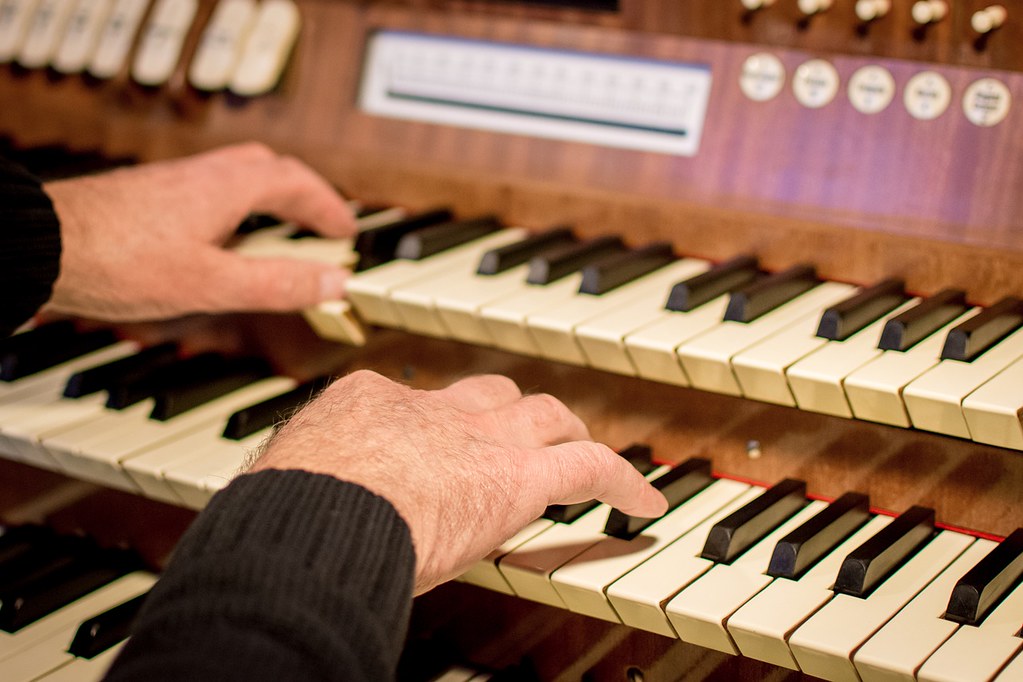
The Musician’s Way, p. 20
Expert musicians possess numerous abilities that are apparent on stage – rich tone, fluent execution, dramatic interpretation, secure memory, and so forth.
But the building blocks of high-level performance are assembled in the practice studio, hidden from the eyes and ears of the public.
In this post, I spotlight six of those building blocks – that is, expert practice skills – pointing to other relevant articles on this blog.
Aspiring musicians who adopt these practice techniques maximize their growth as artists. See The Musician’s Way for additional strategies that empower musicians to become commanding performers.
“The building blocks of high-level performance are assembled in the practice studio, hidden from the eyes and ears of the public.”
6 Hidden Practice Skills of Expert Musicians
1. Artistic Repetition
Accomplished musicians shrewdly use repetition to master the technical and artistic ingredients of compositions. Every reiteration of a passage in practice has a purpose, and experts use strategies such as those outlined in the following articles to ensure that each repetition fosters greater ease, higher beauty, and deeper feeling.
- Beautiful Repetition
- The Perils of Mindless Repetition
- Varied, Distributed, and Interleaved Practice
2. Feeling Ahead
Perhaps the most hidden of all musical skills, feeling ahead involves sensing musical gestures before we execute them. It’s an essential component of music making that underpins ease and confidence. Whether reading from score or performing from memory, expert musicians fully take in what’s coming next, instilling that habit in practice.
3. Solving Problems
Student musicians sometimes skip over problem spots during practice. Expert musicians, by comparison, tackle problems with gusto, stopping in practice whenever a passage makes them stumble. They then dissect the elements of tricky passages, mastering each one to make difficult phrases feel easy.
4. Handling Mistakes
Mistakes in practice call for responses that differ profoundly from how we deal with them in performance. In practice, we treat mistakes like problems – stopping to resolve their causes and then reiterating larger phrases to ensure fluency. On the other hand, when we flub in performance, we keep going. Expert musicians practice in ways that enable them to repair mistakes in practice and minimize them in performance.
- The 5 Main Types of Performance Errors and How to Handle Them
- Countering Perfectionism
- The Meaning in Mistakes
- The Primary Error Response
5. Cultivating Ease
Ease of execution originates in the brain and manifests in physical actions. Expert musicians learn their music so thoroughly that they can be accurate and expressive with the lightest mental touch. Concurrently, they maintain mental focus, release unwanted tension, and minimize effort, as the following articles describe.
- Balanced Shoulders, Open Heart
- Dialing Down the Effort Meter
- Playing with Ease
- The Power of Mental plus Physical Practice
6. Reinforcing Performance Habits
The habits required to perform securely and artistically become second nature only when those habits are steadfastly employed in practice. When experts practice, they adopt the identical mental, physical, and emotional habits they’ll need when on stage, ensuring that they can easily focus, feel ahead, shape phrases, manage stress, and so forth no matter what performance situations they face.
- Assessing Your Performance Skills
- Excelling Under Pressure
- Harnessing On-Stage Energy
- Practicing Performance
For detailed music practice techniques suited to both solo and ensemble practice, see Part I of The Musician’s Way.
© 2023 Gerald Klickstein
Photo via Pixabay
Subscribe to The Musician’s Way Newsletter

